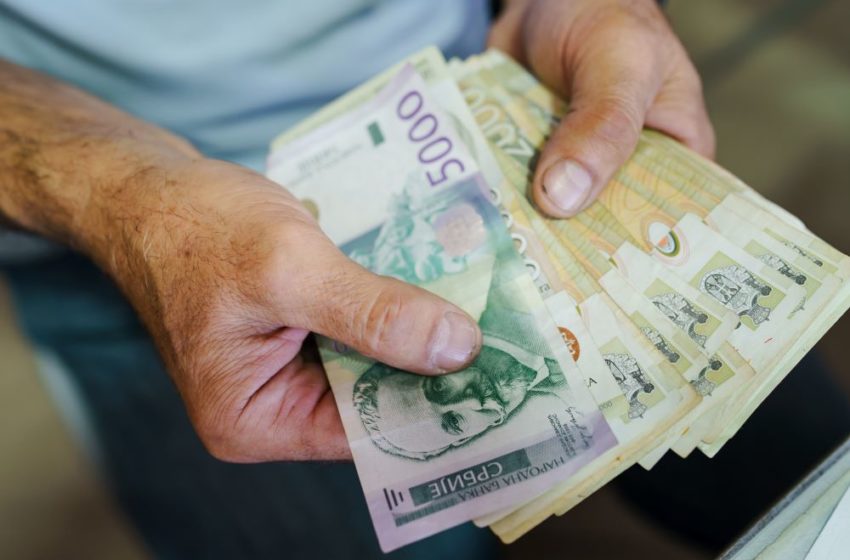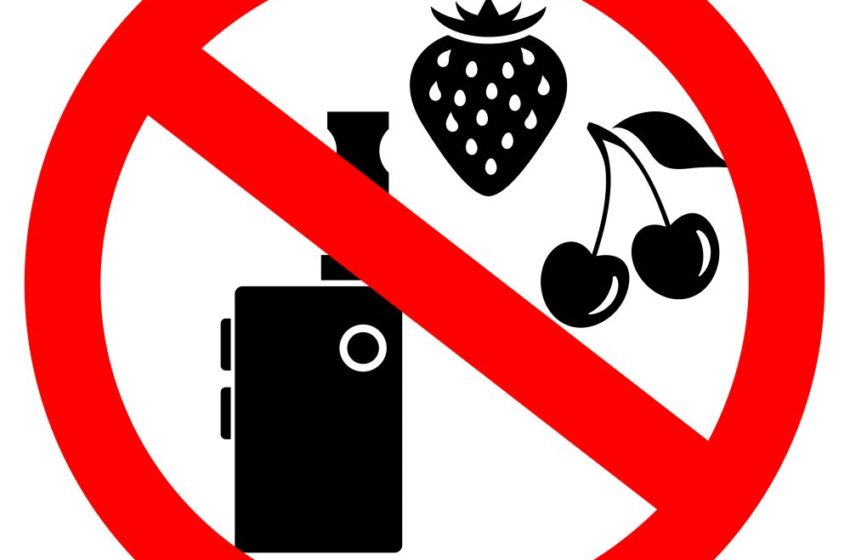The company is submitting an EU Tobacco Products Directive application. Read More
Tags :vape
The measure would be part of the United Kingdom's plan to create a ‘smoke-free’ generation. Read More
Vaping industry representatives say the measure will boost illicit sales. Read More
The law did not define e-cigarettes or ban their underage sales. Read More
The funding will be used to launch new vape technology beyond the cannabis sector.Read More
This follows the imposition of excise tax of 40 sen per milliliter on nicotine e-liquids or gels.Read More
Taiwan’s ban will include use of e-cigarettes, and violators will face penalties of up to $330.Read More
Criminal tax evasion charges will be filed against noncompliant merchants.Read More
Vapers have been rushing to hoard flavored vapor products ahead of the new restrictions. Read More









